Anxiety Therapy
Anxiety and My Physical Health
Stop your excessive anxiety now! Begin a new life free from Anxiety.
This article is about anxiety and the impact it has on physical health. This anxiety article will provide you with tips to help calm anxiety so that anxiety does not have as much of an effect on your daily life.
Anxiety affects more than just your mental state but also impacts how you feel physically. You may find yourself feeling tired or lightheaded, which can cause significant disruption in your day-to-day activities.
Anxiety can lead to panic attacks and other symptoms such as rapid heartbeat and dizziness that have a negative impact for those who experience them at their worst intensity levels.”
How Does Anxiety Affect Your Blood Pressure And Heart Rate?
Adrenaline, norepinephrine and cortisol are released when we experience anxiety.
All three of these hormones can cause a change in blood pressure and heart rate.
When experiencing anxiousness, the body prepares itself to withdraw from the current environment and enter into fight-or-flight mode.
As a result of this process, physiological changes include an increased heart rate, higher blood pressure, and increased respiratory rate, narrowing your airways.
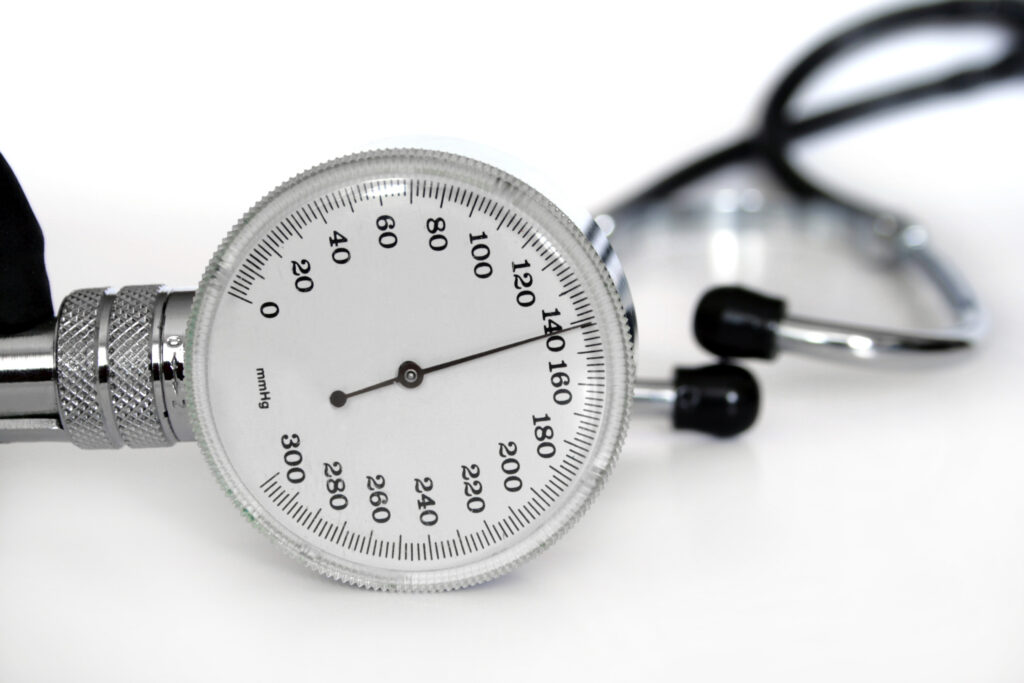
What Causes Anxiety And Hypertension In People?
The cause of anxiety in humans is a combination of environmental and genetic factors. It’s believed that genetics loads the gun, and the environment pulls the trigger.
When people are under extreme stress or pressure, they have a greater chance to respond with an exaggerated fight-or-flight response which can lead to health problems like high blood pressure.
Anxiety can manifest itself in many different forms
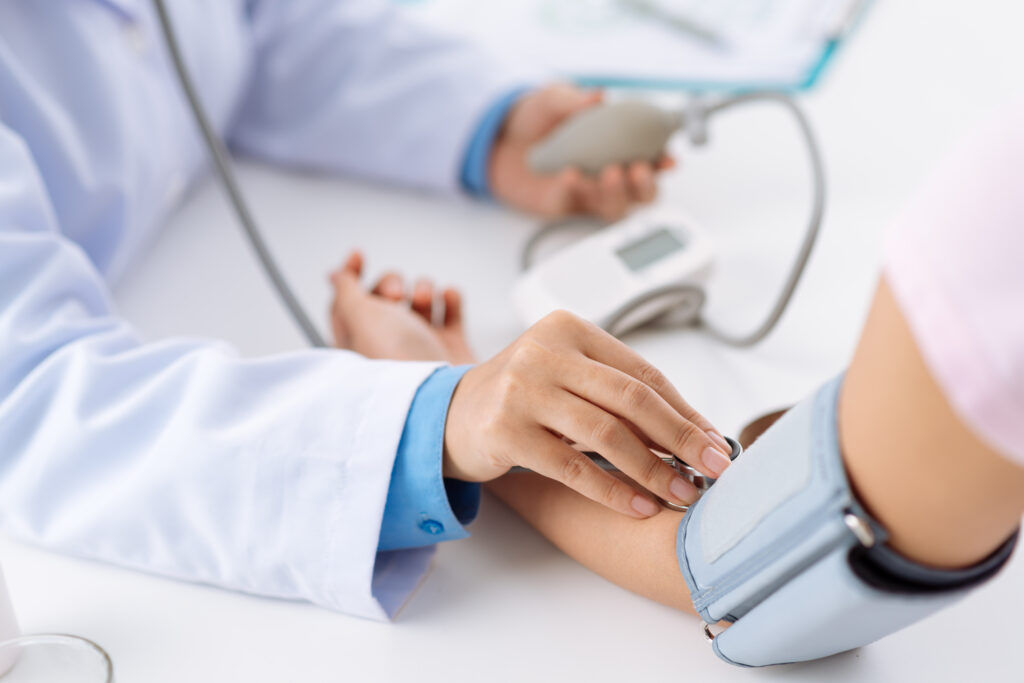
Can You Have Anxiety Without A Fast Heart Rate?
Yes. But a person with an anxious condition may exhibit clinically significant anxiety symptoms despite cardiovascular changes.
Many people with anxiety also have an overactive sympathetic nervous system and high levels of neurotransmitters like adrenaline in their bloodstream, but this doesn’t mean that their heart rate has to be fast.
Because they’re physiologically different from people without anxiety, it might be expected for them to demonstrate a slower heartbeat in response to stressors.
Here are some tips to manage stress and anxiety

Can Anxiety And Panic Attacks Damage Your Heart?
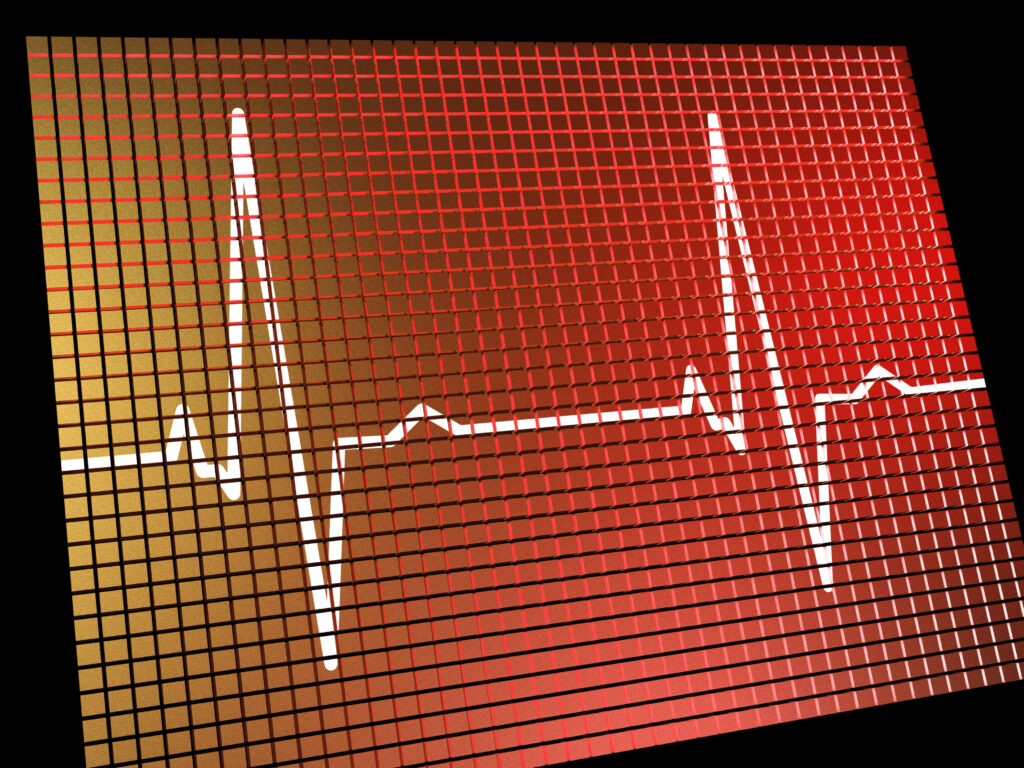
Can Work Stress Cause Your Blood Pressure To Spike?
Some people experience anxiety on the job, and it’s possible that anxiety can lead to higher blood pressure at work.
Anxiety in any setting will have an impact on your mental health, mood, and blood pressure.
Can Anxiety Cause A Stroke?
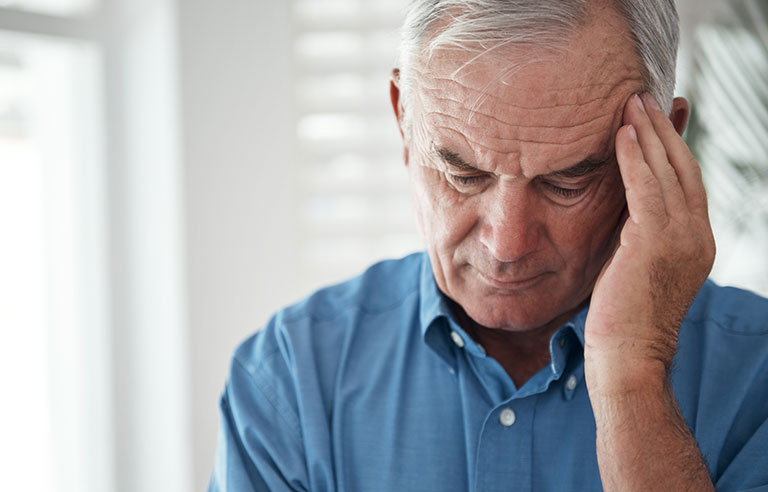
To say that anxiety categorically can directly cause stokes would be a very heavy-handed way of going about things.
Anxiety can cause high blood pressure.
People who have uncontrolled high blood pressure are at a greater risk of having a stroke than people with less dangerous blood pressure levels.
I need to clarify that simply suffering from anxiety does not predispose you to a higher risk of strokes.
If you believe you have high blood pressure, you should consult your doctor immediately.
Can Being Nervous Cause High Blood Pressure?
High blood pressure is a condition in which the force of your heart’s pumping action causes too much pressure on the walls of your arteries.
It can lead to serious health problems, so it’s essential to take care of yourself and get checked out by a doctor if you think that might be an issue for you.
It’s a good idea to talk with your doctor about what might be causing the problem before taking any medications for high blood pressure since they could have side effects like headaches, dizziness, nausea or diarrhoea.
Your doctor will likely recommend lifestyle changes such as eating healthier foods and getting more physical activity along with medication if necessary.
With these adjustments, I can also help you get to the root cause of your problem
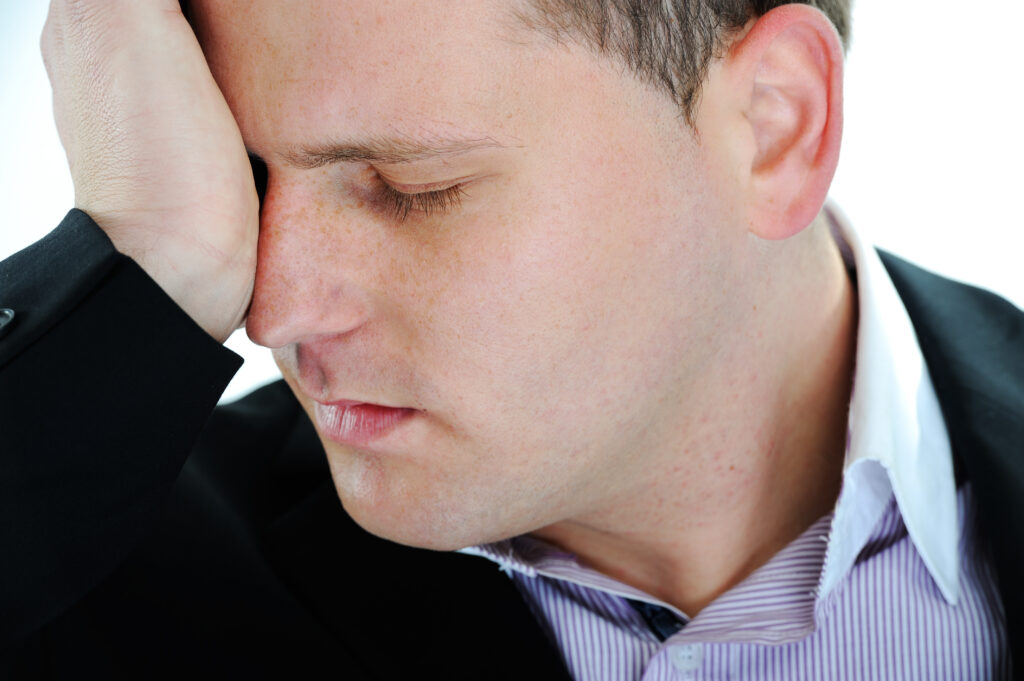
How To Lower Your Blood Pressure?
It is vital that those with anxiety not react to anxiety symptoms by avoiding activities. This may lead to increased anxiety and emotional stress down the line.
Instead, we suggest self-reflection meditation practices which may help lower one’s blood pressure naturally over time.”
Lifestyle changes to reduce blood pressure
These lifestyle changes can help prevent and lower high blood pressure:
- one way to reduce your anxiety levels is by saving on salt and eating a well-balanced diet.
- Reduce your alcohol intake.
- Build a simple exercise routine. It doesn’t need to be any more complicated than going for a walk.
- Reduce your caffeine intake.
- Cut down and try to stop smoking.
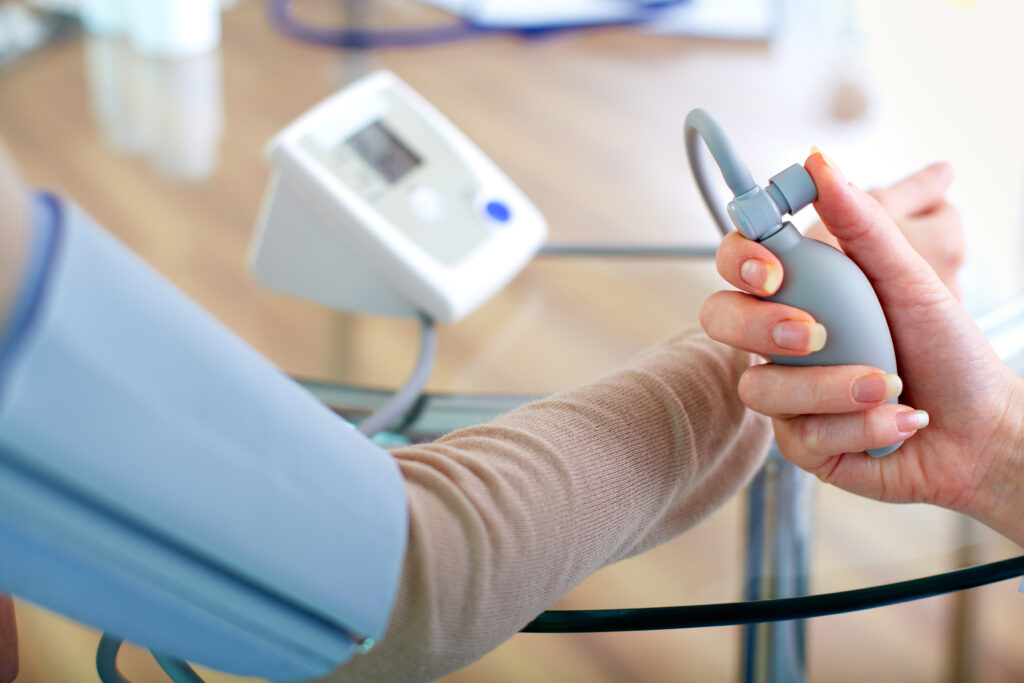
How To Cope With Panic Attacks At Work?
You will know your situation far more intimately than anyone else. But it is worth noting, especially in this ‘post-ish’ covid world that employers are far more aware and understanding of mental health.
Having a private conversation with your employer about your anxiety can help them take steps to avoid exacerbating the problem and reduce some of the worries you feel when thinking about how you will be treated at work if an attack takes place.
How To Lower Blood Pressure In An Emergency?
If your doctor has prescribed blood pressure medication, this should be your first port of call in what feels like an emergency.
To release endorphins, you can also eat a piece of dark chocolate.
Avoid black tea or coffee, but if you do enjoy herbal tea, the process of making and drinking will help.
Try to stay calm. This might not be easy if you are worried, but remember that being calm can reduce blood pressure.
When you feel anxious, focus on your breathing. Please take a few deep breaths and hold them for a few seconds before releasing them.
What Can I Do To Reduce Anxiety?
There are several different strategies you can employ
Check out: Beating Anxiety the benefits of a routine.

What Therapy Is Good For Anxiety?
One strategy is Neuro Linguistic Programming (NLP) therapy.
NLP is a type of psychotherapy that helps people change their thoughts and behaviours to improve their mental health.
NLP is an effective way to manage anxiety because it teaches you how to identify and change the negative thoughts that lead you into anxiety-producing situations.
This form of therapy also encourages you to take control over your life by changing habits or behaviours that may contribute to anxiety symptoms. Find out more
How To Treat Anxiety Related Hypertension?
- Get plenty of sleep. Inadequate or poor-quality sleep can negatively affect your mood, mental alertness, energy level, and physical health.
- Learn relaxation techniques. Meditation, progressive muscle relaxation, guided imagery, deep breathing exercises, and yoga are powerful relaxation techniques and stress-busters.
- Strengthen your social network. Connect with others by taking a class, joining an organization, or participating in a support group.
- Hone your time-management skills. The more efficiently you can juggle work and family demands, the lower your stress level.
- Try to resolve stressful situations if you can. Don’t let stressful situations fester.
- Nurture yourself. Treat yourself to a massage. Truly savor an experience: for example, eat slowly and really focus on the taste and sensations of each bite. Take a walk or a nap, or listen to your favorite music.
- Ask for help. Don’t be afraid to ask for help from your spouse, friends, and neighbors. If stress and anxiety persist, talk to your doctor.
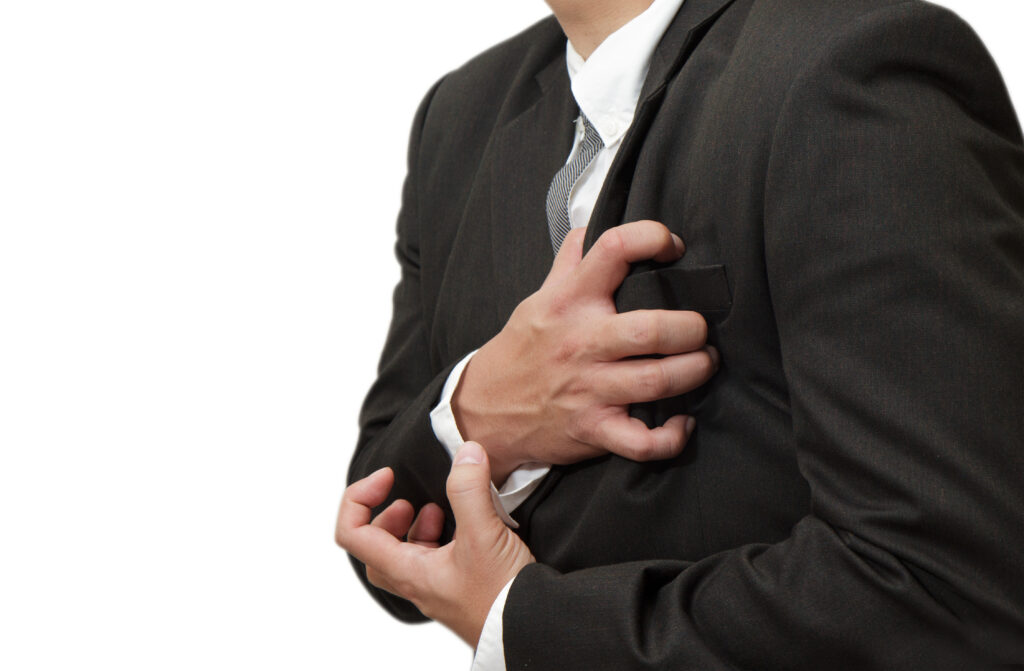
How Long Will I Need To Be In Therapy For Anxiety?

It does depend on individual circumstances. Anxiety can make life unbearable. It’s no wonder that many people don’t start therapy and give up before they get any relief.
Most therapists are so busy. It takes months to see them for a session.
This is a big problem because the sooner you get started with treatment, the better your chance of success!
It would help if you had an anxiety therapist who will work with you to find out what works best for you and fit into your schedule.
I understand how frustrating this situation is.
That’s why we’ve made it my mission to help as many anxious clients as possible.
If you have questions, feel free to reach out with a free 20 minute consultation.
What is the best beta-blocker for anxiety?
The content on this website is not intended to substitute professional medical advice, diagnosis, or treatment.
If you want a thorough walkthrough of the different types of medication available, check out Anxiety Medication: List, types and side effects.
- Schedule a call
- Send a message
